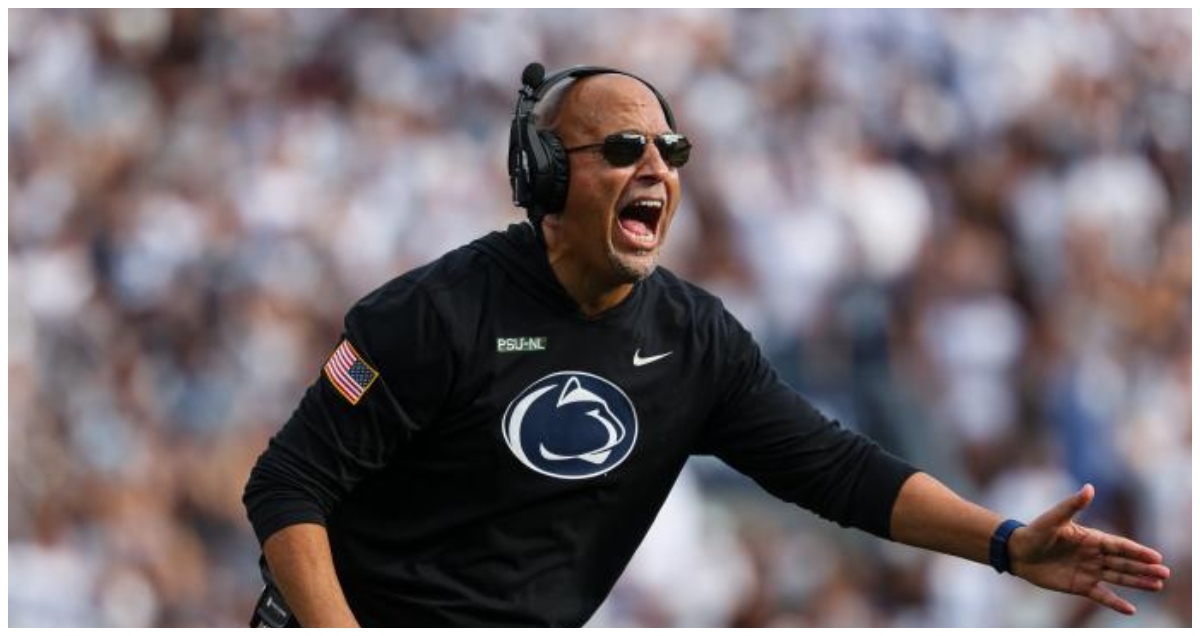For the first time in history, a Black head coach will compete in the College Football Playoff (CFP) semifinals for the national championship. Marcus Freeman, coach of the Notre Dame Fighting Irish, and James Franklin, coach of the Penn State Nittany Lions, are set to meet in the Orange Bowl, with the winner advancing to the title game on January 20, 2025.
Breaking New Ground in College Football
Both Freeman and Franklin have already made history by becoming the first Black coaches in the CFP. Their teams, which have been impressive this season, now stand on the cusp of a national championship appearance. Freeman and the Irish dominated Georgia in the Sugar Bowl, while Franklin’s Nittany Lions triumphed over Boise State in the Fiesta Bowl. These wins have brought them to a momentous crossroads in the playoff.
This milestone is especially significant considering the history of Black head coaches in college football. It is an achievement that has taken far too long to reach, reflecting a deep-rooted imbalance in representation at the highest levels of the sport.
Overcoming Longstanding Challenges
Freeman and Franklin’s journey to the CFP has not been easy. Both have faced harsh criticism over the years. Franklin, who has been at Penn State for 11 seasons, has often been questioned for not winning key games. Freeman, on the other hand, is still early in his coaching career, but has already shown remarkable promise. Their continued success in the playoffs has silenced many of their critics.
Despite their accomplishments, the number of Black head coaches in the Football Bowl Subdivision (FBS) remains disproportionately low compared to the number of Black players in the sport. This underrepresentation underscores the need for greater diversity and inclusivity in college football coaching ranks.
A Long-Overdue Change for College Football
The fact that college football is witnessing this historic moment now, in 2025, is both inspiring and frustrating. Other sports, like men’s college basketball, have already seen Black coaches win national titles, with notable figures like John Thompson and Nolan Richardson paving the way in previous decades. Freeman and Franklin are now poised to add their names to this list, but their success highlights the slow pace of progress in college football.
Freeman’s message after Notre Dame’s victory in the Sugar Bowl encapsulates the significance of this moment: “Your color shouldn’t matter. Your evidence of your work should.” Both Freeman and Franklin have proven themselves on the field, and now their work is speaking volumes, elevating them to this historic position.
Looking Ahead to the Orange Bowl
The Orange Bowl semifinal between Notre Dame and Penn State will be one of the most anticipated matchups in college football this season. Both teams have earned their spot, and the stakes couldn’t be higher. The winner will not only have the chance to compete for the national championship but will also leave an indelible mark on the sport’s history.
Freeman, at 38, and Franklin, at 52, are both ready for this next chapter. They’ve demonstrated leadership, resilience, and a commitment to excellence. Regardless of who wins, their achievement marks a turning point for college football, inspiring future generations of coaches and players from all backgrounds.
Conclusion: A Historic Opportunity
The upcoming Orange Bowl semifinal is more than just a football game. It is a historic moment for college football, showcasing the power of perseverance and breaking down barriers that have stood for far too long. As Marcus Freeman and James Franklin take the field, they represent a future where talent, not background, defines success in sports.





